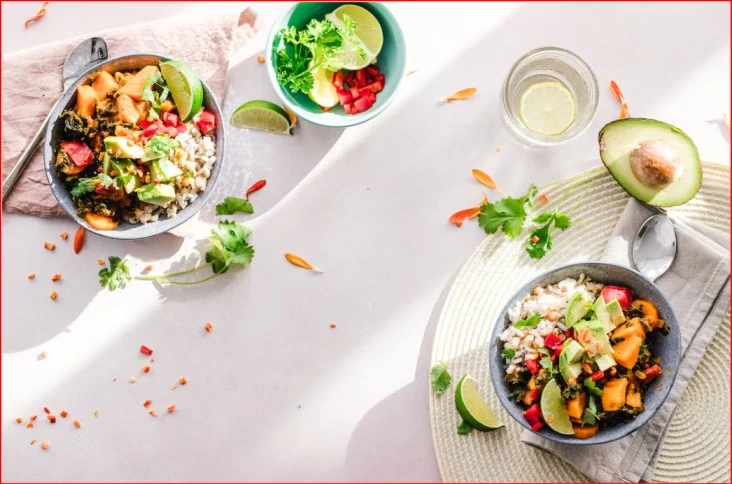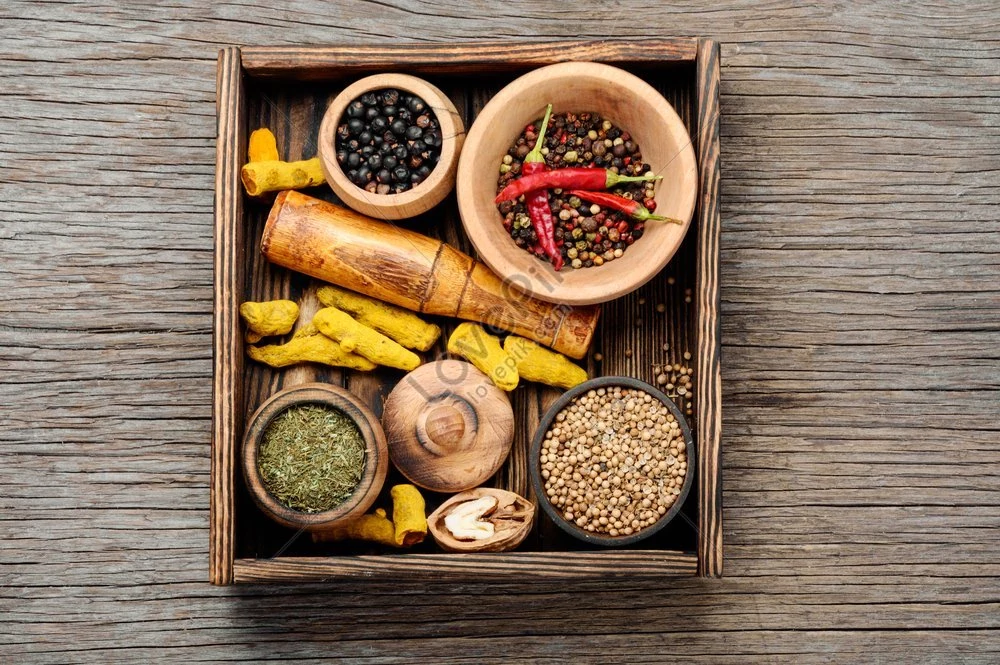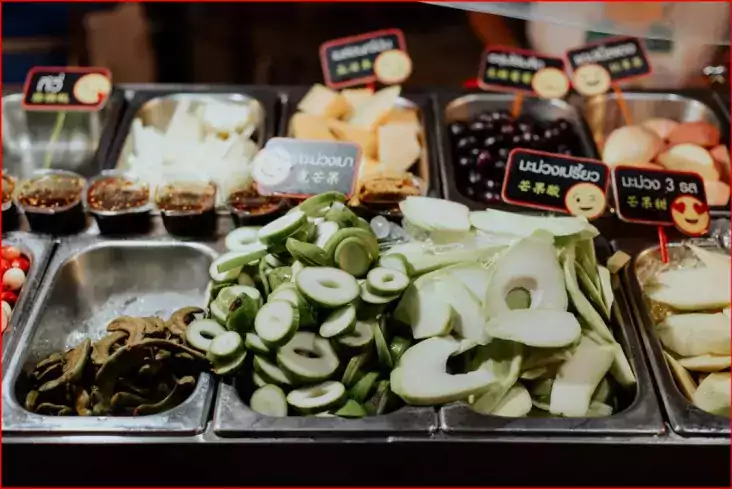
In the ever-changing era of dietary trends and consumer tastes, the words "vegan" and "organic" regularly appear, often entwined. While people may use them concurrently, they actually refer to different types of cuisine and ways of living. Here we'll compare and contrast the Organic vs Vegan: Know the Difference between them below:
Vegan products are those that are made without the use of any animal products, either in their ingredients or during production. Additionally, it signifies that this item has not undergone any animal testing. Search for a Vegan Trademark to be certain.
You can tell that this product is cruelty-free because it carries the Cruelty-Free Logo, which is a bunny jumping about. But here's where things become tricky. There is no guarantee that a product is vegan just because it is not tested on animals.
"vegan" and "plant-based" are not interchangeable terms. Products labeled as "plant-based" just contain a majority of ingredients that are made from plants. Because the words often conjure up pictures of fresh produce, many people mistakenly believe that "vegan" and "organic" mean the same thing. Even if a product is labeled as vegan, it doesn't mean it's completely free of synthetic substances.
The vegan diet emphasizes plant-based foods while rejecting any and all items originating from animals. Ethical, health and ecological considerations frequently lead to this decision. Being a vegan is more than just cutting off meat and dairy; it's a way of life that opposes all forms of animal abuse.
Animal rights activism, health documentaries, plus innovative plant-based cuisine have all contributed to the vegan lifestyle's meteoric growth in popularity. Many people find the shift easier because of the variety of vegan cheeses and imitation meats available on the market. Some vegan foods are:
Vegetables of any kind can be included in a vegan diet.
On a vegan diet, any fruit can be eaten.
Vegan basics include vegetables and legumes such as lentils, beans, the legume, peas, etc.
Some nutrient-dense and entirely plant-based options include cashews, walnuts, almonds, chia seeds, as well as flaxseeds.
Oats, quinoa, sorghum, rye, and rice are five of the most important grains vegans can eat.
You can get protein from vegan options including tofu, tempeh, seitan, as well as beans.
There is a wide variety of vegan milk substitutes available, including wheat milk, almond milk, coconut milk, and soy milk.
Many vegans prefer oils made from avocados, olives, or coconuts.
A variety of herbs, spices, lactic acid, soy sauce, vinegar, and various other ingredients are used to further enrich the vegan flavour.
A minimum of 95% of the components in something must come from organic farming in order for it to bear an organic label. To be branded as "100% natural," an item must contain entirely organic ingredients.
The percent of organic components must be labeled instead if the good contains less than 95% organic components.
You can find the Soil Association COSMOS Organic Logo on items that primarily consist of salt, water, or clay. This is common in skincare items like toners, facial masks, and bath salts. In addition to ensuring that no genetically engineered substances, contentious chemicals, dyes, or scents are used, this also ensures that no animal research is conducted.
Keep an eye out for the logo of the Soil Association; it's crucial. This guarantees that the item is made from sustainably sourced, organically farmed components and does not contain any pesticides. Furthermore, it signifies that the product is cruelty-free, meaning it has not yet been experimented on animals and does not include any synthetic colors, artificial scents, or harsh chemicals.
You should know that clay, water, as well as salt, are not organic. Therefore, any brand that claims otherwise is deceiving. This is due to the fact that organic standards exclusively address components derived from agricultural sources.
Consumption of foods grown without the use of GMOs, industrial pesticides, and fertilizers is central to organic diets. Organic food is a lifestyle choice that many choose because they care about their health and the environment.
A more robust flavour profile may be available with organic diets. A large portion of the healthy food movement holds the view that eating chemical-free food enhances the sensory experience by bringing out the food's natural flavors. Some organic dietary essentials are:
Some examples are strawberries, bell peppers, celery, as well as lettuce. So that people can enjoy all the nutritious benefits without worrying about pests, these are grown without synthetic substances.
Oats, quinoa, wheat, as well as organic brown rice are among the most sought-after options. They are grown in an environment free of chemical therapies and synthetic fertilizers.
Organic dairy products, including milk, cheese, and yogurt, fall under this heading. These come from animals that were not given any artificial hormones or prescription antibiotics, so you know they are all-natural.
Because of the strict standards and extensive labor that go into making organic products, their prices tend to be higher. Nonetheless, a large portion of the population thinks the environmental and medical benefits justify the additional expense.
The vegan as well as organic food communities are vibrant and varied, with many options for those who follow both diets. A few of them are as follows:
Vegan diets rely heavily on fruits and vegetables. Organic pears, bananas, grapes, and grapes are grown without toxic pesticides, giving vegans and others who follow organic ideals a healthy and ethical option.
Oils made from plants, such as olive fruit, coconut oil, and flaxseed oil may be natural and suitable for vegans. These oils, especially when cold-pressed as well as purchased from organic producers, are a great way to add beneficial fats to your diet without sacrificing your ethical or environmental standards.
Organically cultivated vegetables, which are essential to veganism, do not contain any synthetic fertilizers or pesticides. Organic broccoli, kale, spinach, and various other leafy greens are a good example because they adhere to organic farming practices and are rich in beneficial elements.
Vegans rely on nuts and seeds for protein and healthy fats. The almonds, flaxseeds, and chia seeds, among others, when purchased organically, provide the double advantage of being cruelty-free and healthy because they do not contain any artificial ingredients.
From this blog you must have learned Organic vs Vegan: Know the Difference. Vegan as well as organic diets, when well-planned, may supply all the nutrients your body needs to thrive. It may be more challenging to get enough of some nutrients—such as iron, vitamin B12, as well as omega-3 fatty acids—from plant-based meals, so vegans need to be extra careful.


